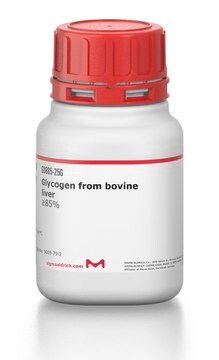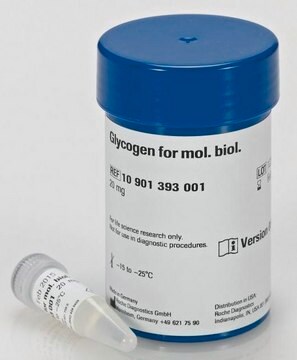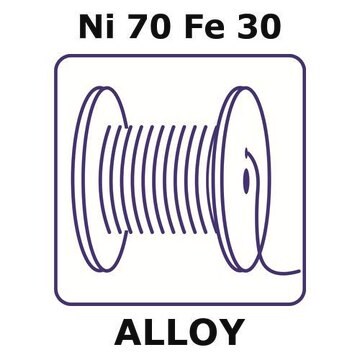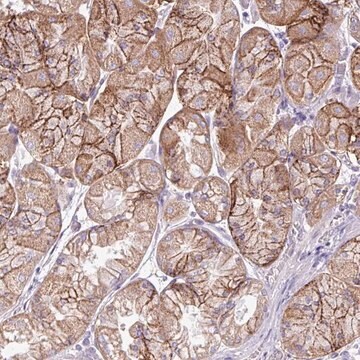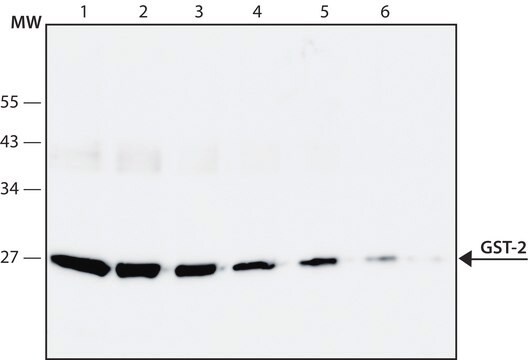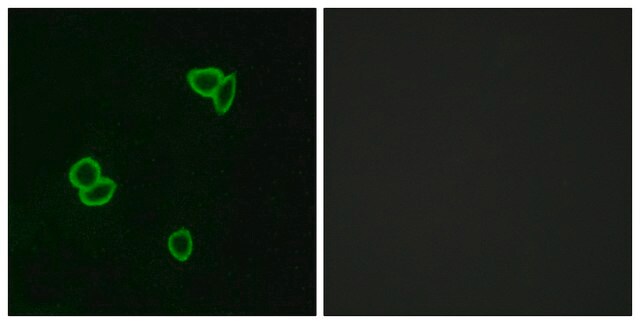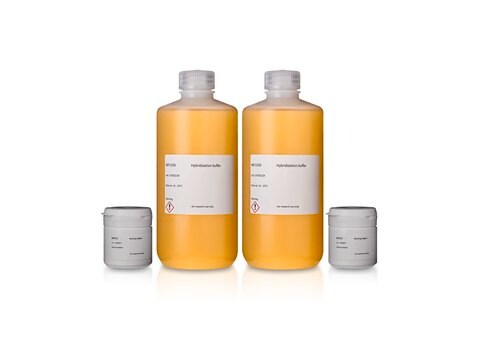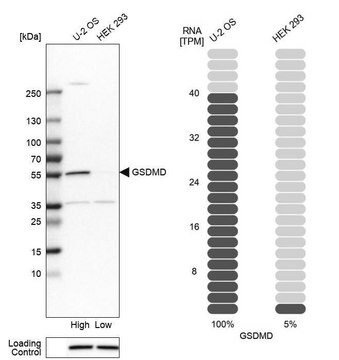05-675
Anti-MBP Antibody, clone SKB3
clone SKB3, Upstate®, from mouse
Synonym(s):
Anti-C76307, Anti-Hmbpr, Anti-R75289, Anti-golli-mbp, Anti-jve, Anti-mld, Anti-shi
About This Item
Recommended Products
biological source
mouse
Quality Level
antibody form
purified immunoglobulin
antibody product type
primary antibodies
clone
SKB3, monoclonal
species reactivity
rat, human, mouse
manufacturer/tradename
Upstate®
technique(s)
western blot: suitable
isotype
IgG1κ
NCBI accession no.
UniProt accession no.
shipped in
wet ice
target post-translational modification
unmodified
Gene Information
human ... MBP(4155)
mouse ... Mbp(17196)
rat ... Mbp(24547)
Specificity
Immunogen
Application
Signaling
MAP Kinases
Quality
Target description
Physical form
Storage and Stability
Analysis Note
Brain tissue
Other Notes
Legal Information
Disclaimer
Not finding the right product?
Try our Product Selector Tool.
recommended
Storage Class Code
10 - Combustible liquids
WGK
WGK 1
Certificates of Analysis (COA)
Search for Certificates of Analysis (COA) by entering the products Lot/Batch Number. Lot and Batch Numbers can be found on a product’s label following the words ‘Lot’ or ‘Batch’.
Already Own This Product?
Find documentation for the products that you have recently purchased in the Document Library.
Articles
Derivation and characterization of functional human neural stem cell derived oligodendrocyte progenitor cells (OPCs) that efficiently myelinate primary neurons in culture.
Our team of scientists has experience in all areas of research including Life Science, Material Science, Chemical Synthesis, Chromatography, Analytical and many others.
Contact Technical Service